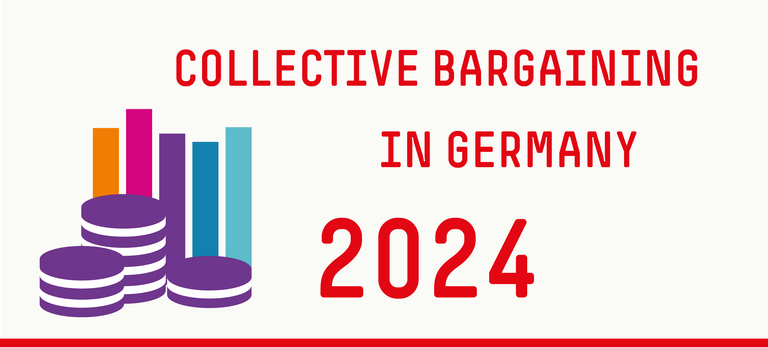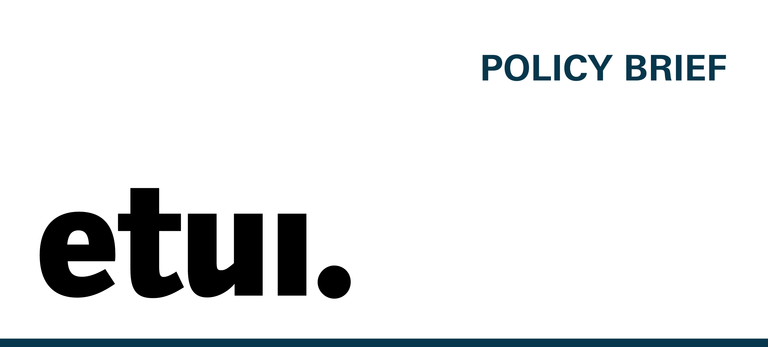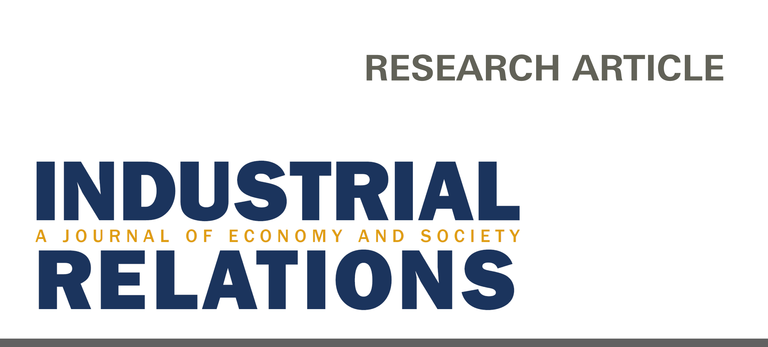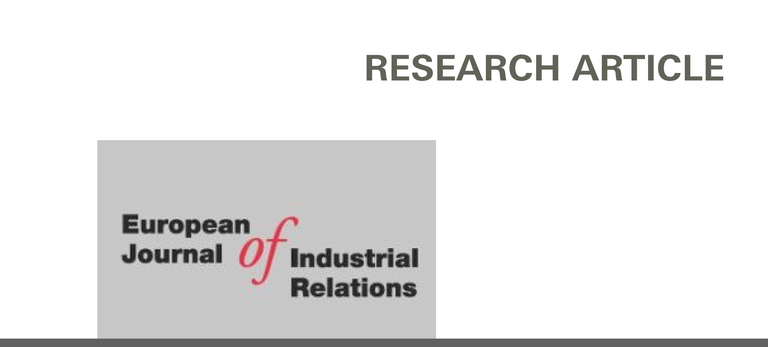
Source: picture alliance/dpa
WSI: Key research topics: Wage policy, collective bargaining and industrial relations
Wage policy, collective bargaining policy and industrial relations have been the main fields of expertise in WSI research and public policy advice for decades.
Trade unions, works councils and employers' associations are among the key players for the representation and implementation of employee interests. Research activities focus mainly on the interactions between these players. A panel survey among German works councils provides a unique empirical basis for analyses on the corporate and national level. The WSI Collective Agreement Archive is the major German information centre on developments concerning collectively agreed wages. Research on Germany is complemented by active participation in international networks of scholars investigating wage standards, industrial relations and trade union strategies and perspectives on the European and global level.
Main research topics
collective bargaining in Germany: documentation and analyses - trends in collective bargaining and perspectives of future stabilisation - collective bargaining in Europe und European governance - analyses on works and staff councils - trade unions: organisational problems and organisational action; trends in industrial action - the role of employers’ associations

































